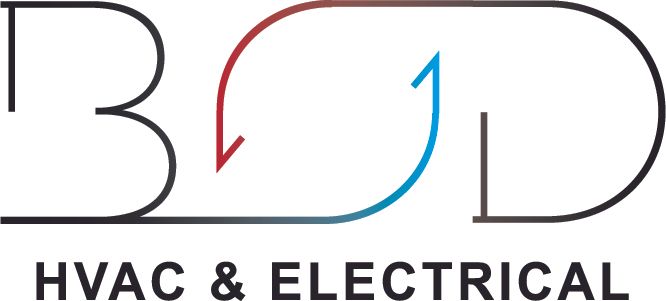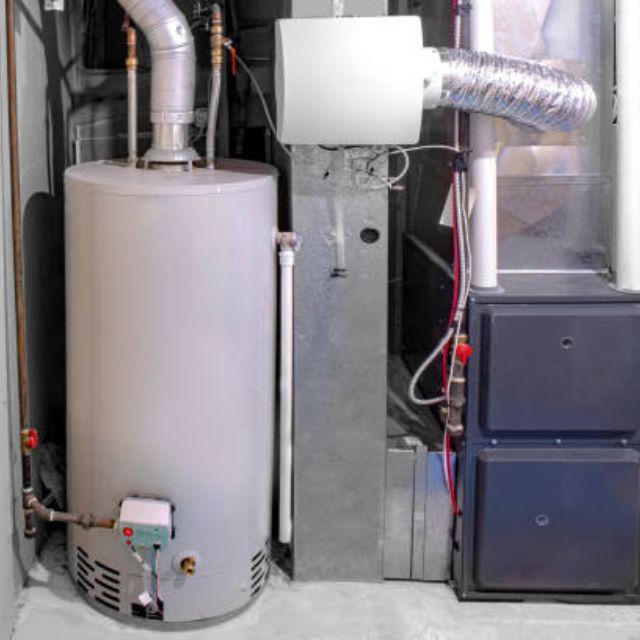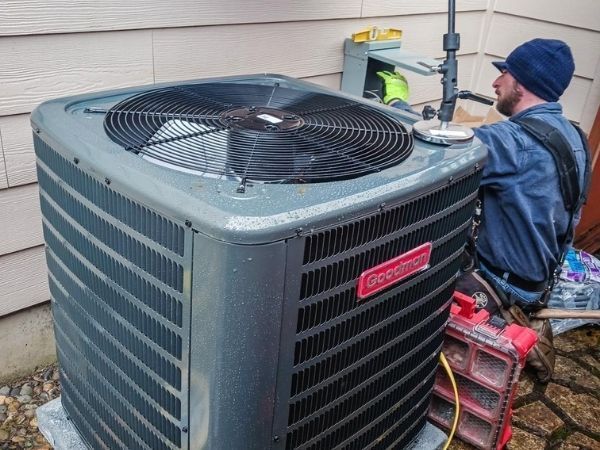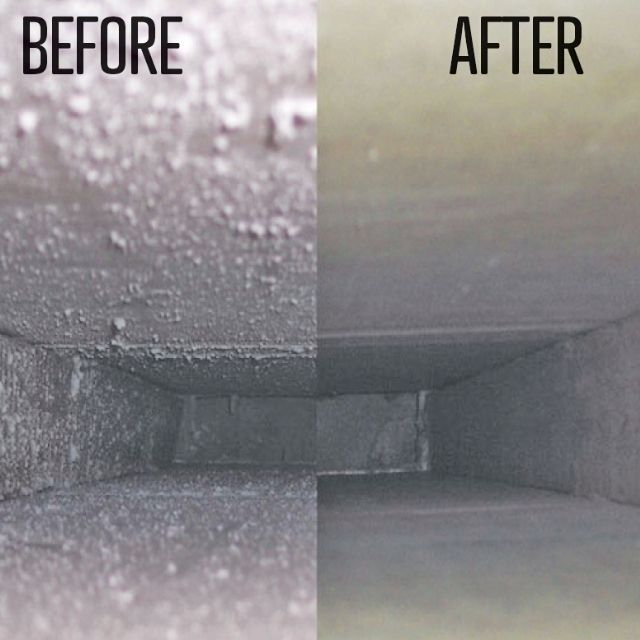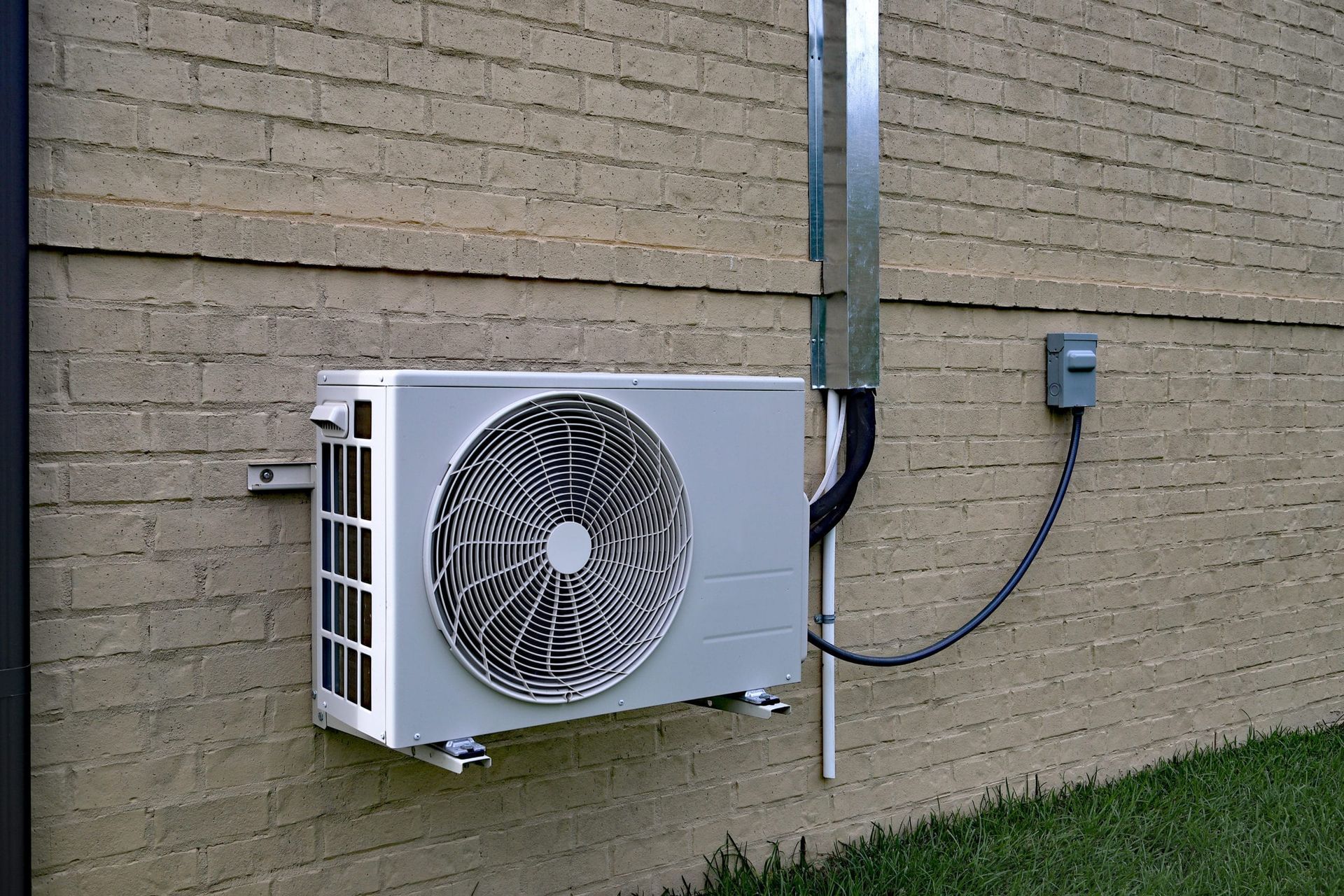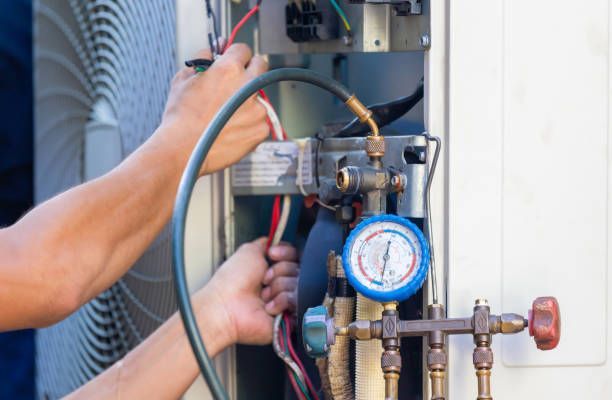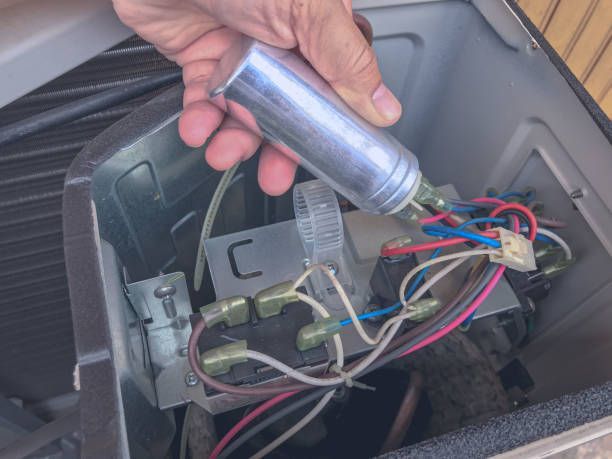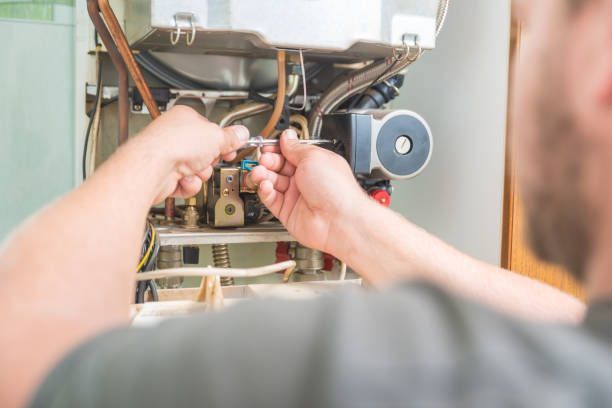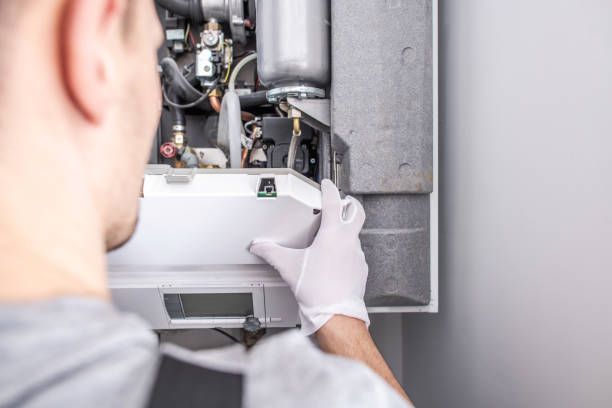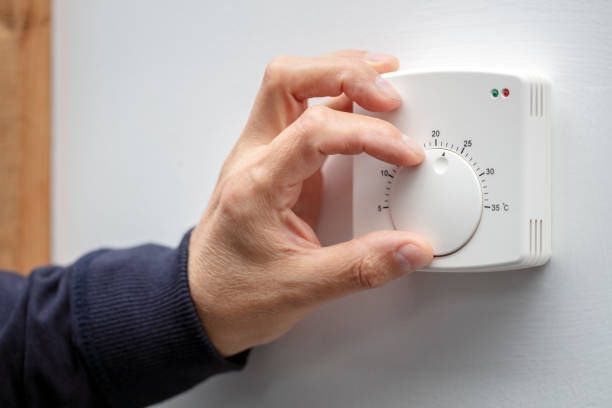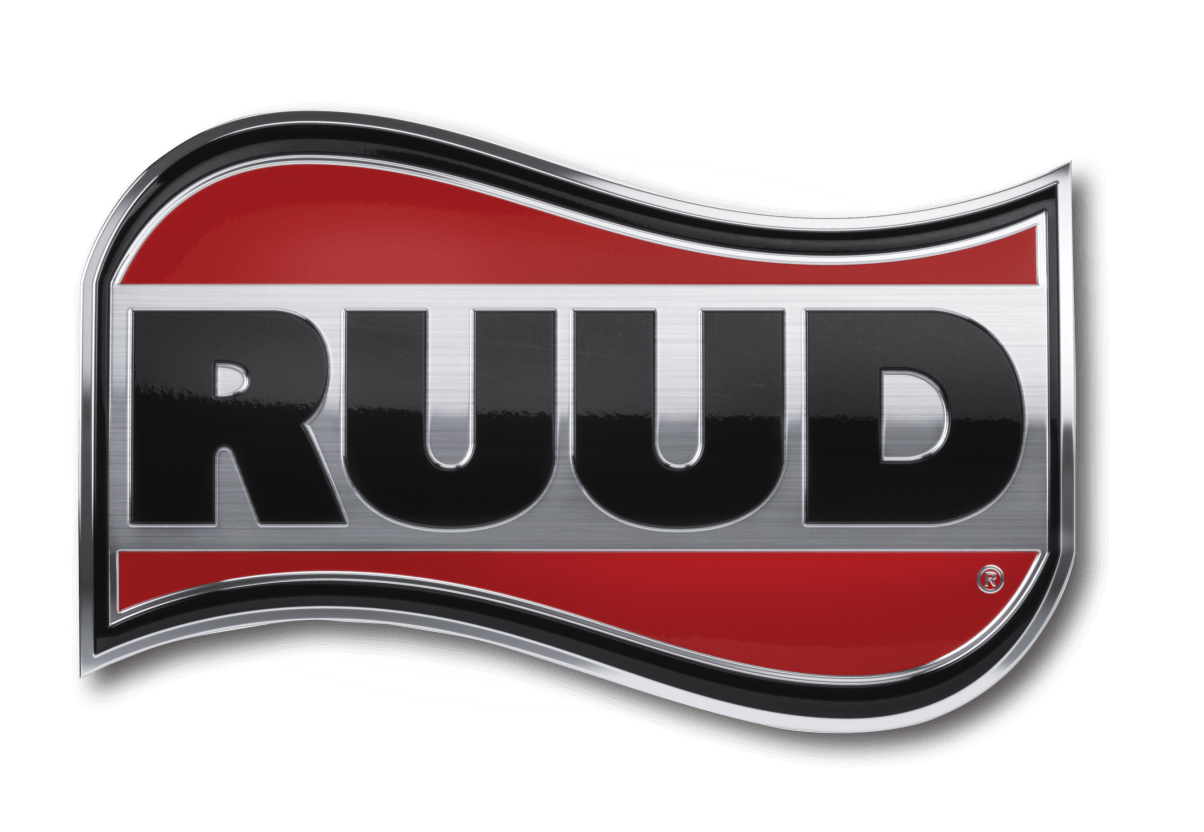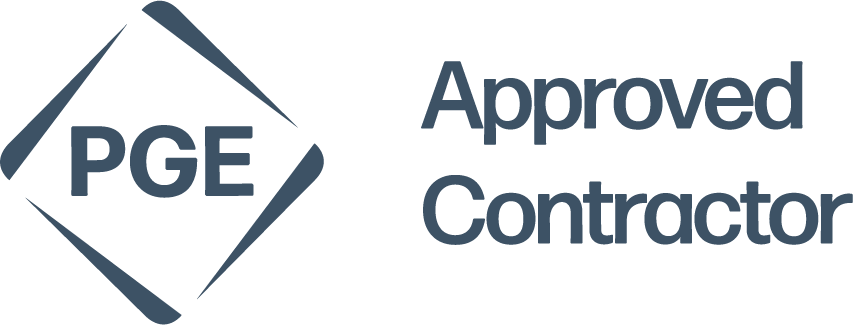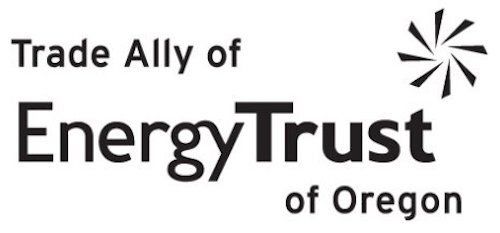The Role of Air Filters in Maintaining Indoor Air Quality During Summer
Imagine breathing cleaner, fresher air inside your home this summer, while also saving on energy costs and reducing allergens. The secret lies in an often overlooked component of your HVAC system – the air filter. Read on to discover how air filters play a crucial role in maintaining indoor air quality during the hot summer months, and how you can optimize their effectiveness for a healthier, more comfortable living environment.
Did you know that the average person spends around 90% of their time indoors, and during the sweltering summer months, this percentage can be even higher? With this in mind, maintaining optimal indoor air quality becomes a top priority for ensuring a healthy living environment. One often overlooked hero in this mission is the humble air filter in your HVAC system. In fact, according to the EPA, the concentration of some indoor pollutants can be 2 to 5 times higher than outdoor levels. In this article, we will shed light on the indispensable role air filters play in safeguarding your home's indoor air quality during the summer months. We will dive into the various types of filters available, share some eye-opening stats, and provide expert advice on proper filter maintenance to help you breathe easy and stay cool all summer long.
Why Air Filters Are Important?
Air filters serve as the first line of defense in protecting your home from airborne pollutants and contaminants. They work by trapping particles such as dust, pollen, pet dander, and mold spores, preventing them from circulating throughout your home. By capturing these particles, air filters help maintain a cleaner and healthier indoor environment.
Some key reasons air filters are essential include:
- Protecting your HVAC system: Air filters prevent dust and debris from accumulating on your system's components, which can lead to reduced efficiency and increased wear and tear.
- Enhancing indoor air quality: Air filters capture allergens and pollutants, leading to cleaner air and reduced allergy symptoms for occupants.
- Reducing energy consumption: A clean and properly functioning air filter allows your HVAC system to operate more efficiently, using less energy and reducing your utility bills.
Types of Air Filters
There are several types of air filters available, each with its own benefits and drawbacks. The most common types of air filters include:
- Fiberglass filters: These are the most basic and affordable option, made from spun fiberglass material. While they can capture larger particles, they are not as effective at trapping smaller particles, such as mold spores and pet dander.
- Pleated filters: Made from polyester or cotton materials, pleated filters offer better filtration than fiberglass filters. They are more effective at capturing smaller particles and have a larger surface area, which increases their overall efficiency.
- High-efficiency particulate air (HEPA) filters: HEPA filters are the gold standard for air filtration, capturing up to 99.97% of particles as small as 0.3 microns. They are highly effective at removing allergens, mold spores, and even some bacteria and viruses. However, they can restrict airflow in some HVAC systems and may require professional installation.
- Electrostatic filters: These filters use an electrostatic charge to attract and capture particles. They are available in both disposable and washable versions, with washable filters being more environmentally friendly and cost-effective in the long run.
- Activated carbon filters: These filters are designed to remove odors and volatile organic compounds (VOCs) from the air. They can be used in conjunction with other filter types to provide comprehensive air filtration.
How to Choose the Right Air Filter?
When selecting an air filter, it is crucial to consider the filter's efficiency and compatibility with your HVAC system. The Minimum Efficiency Reporting Value (MERV) rating is a standard measure of an air filter's efficiency, ranging from 1 to 16. A higher MERV rating indicates better filtration, but it may also result in increased airflow resistance.
To choose the right air filter:
- Consult your HVAC system's manufacturer recommendations: Always follow the manufacturer's guidelines regarding the appropriate filter type and MERV rating for your system.
- Consider your indoor air quality needs: If you or a family member suffers from allergies or respiratory issues, consider a filter with a higher MERV rating, such as a pleated or HEPA filter.
- Weigh the costs and benefits: While higher-efficiency filters may be more expensive initially, they can provide improved air quality and reduced energy consumption, which may offset the initial cost over time.
Proper Air Filter Maintenance
To ensure optimal indoor air quality during the summer months, it is essential to maintain your air filters properly. Regular filter maintenance not only improves air quality but also helps your HVAC system run more efficiently and prolongs its lifespan.
Some essential air filter maintenance tips include:
- Checking filters monthly: Inspect your air filters at least once a month, particularly during periods of heavy HVAC system use, such as the summer months.
- Replacing or cleaning filters regularly: Replace disposable filters or clean reusable filters according to the manufacturer's recommendations, usually every one to three months. A dirty filter can restrict airflow and reduce system efficiency.
- Upgrading to a higher-efficiency filter: If you find that your current filter isn't effectively capturing particles, consider upgrading to a filter with a higher MERV rating.
- Scheduling regular HVAC maintenance: In addition to regular filter maintenance, schedule annual or biannual HVAC system check-ups and tune-ups to ensure optimal system performance and air quality.
The Impact of Air Filters on Energy Efficiency
Proper air filter maintenance can also have a significant impact on your home's energy efficiency during the summer months. A dirty or clogged filter can restrict airflow, forcing your HVAC system to work harder and consume more energy to cool your home. According to the U.S. Department of Energy, replacing a dirty filter with a clean one can lower your air conditioner's energy consumption by 5% to 15%.
Conclusion
Air filters play a crucial role in maintaining indoor air quality during the hot summer months. By selecting the appropriate filter type, following proper maintenance practices, and regularly replacing or cleaning filters, you can significantly improve the air quality in your home, enhance your HVAC system's efficiency, and create a healthier living environment for you and your family. Don't underestimate the power of a clean air filter – take action today to ensure your home's air is clean and fresh throughout the summer season.
Ready to breathe easier and enhance your indoor air quality this summer? Don't let the heat and pollutants get the best of your home. Learn more about the different types of air filters and proper maintenance practices to ensure optimal performance from your HVAC system. Act now and take control of your home's air quality by upgrading or maintaining your air filters, and experience a fresher, healthier indoor environment all season long!
Get a Free Quote Today!
Fill out the form below and we'll get back to you as soon as we can!
Contact Us
We will get back to you as soon as possible
Please try again later
Contact Us
Best Owner Direct is your local, independent, family-owned and operated, residential and commercial HVAC service, repair and installation team. We're a trade ally of the Energy Trust of Oregon and our certified professionals offer services for all major brands. With over 20 years of experience, our team can handle all of your HVAC needs.
Free estimates available for installations. Contact us today to learn more or to schedule an appointment!
Read More Tips from the Experts Below:
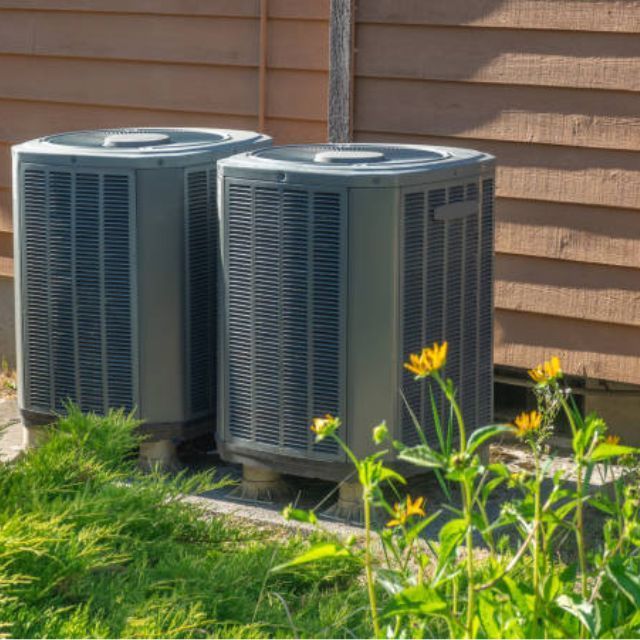
Best Owner Direct HVAC & Electrical is proud to be a PGE-approved Contractor and an Energy Trust of Oregon Trade Ally!
Serving Residential & Commercial Customers in Washington County, and parts of Yamhill, Multnomah and Clackamas Counties. Contact us for more information.
NAVIGATION
All Rights Reserved | Best Owner Direct HVAC & Electrical
